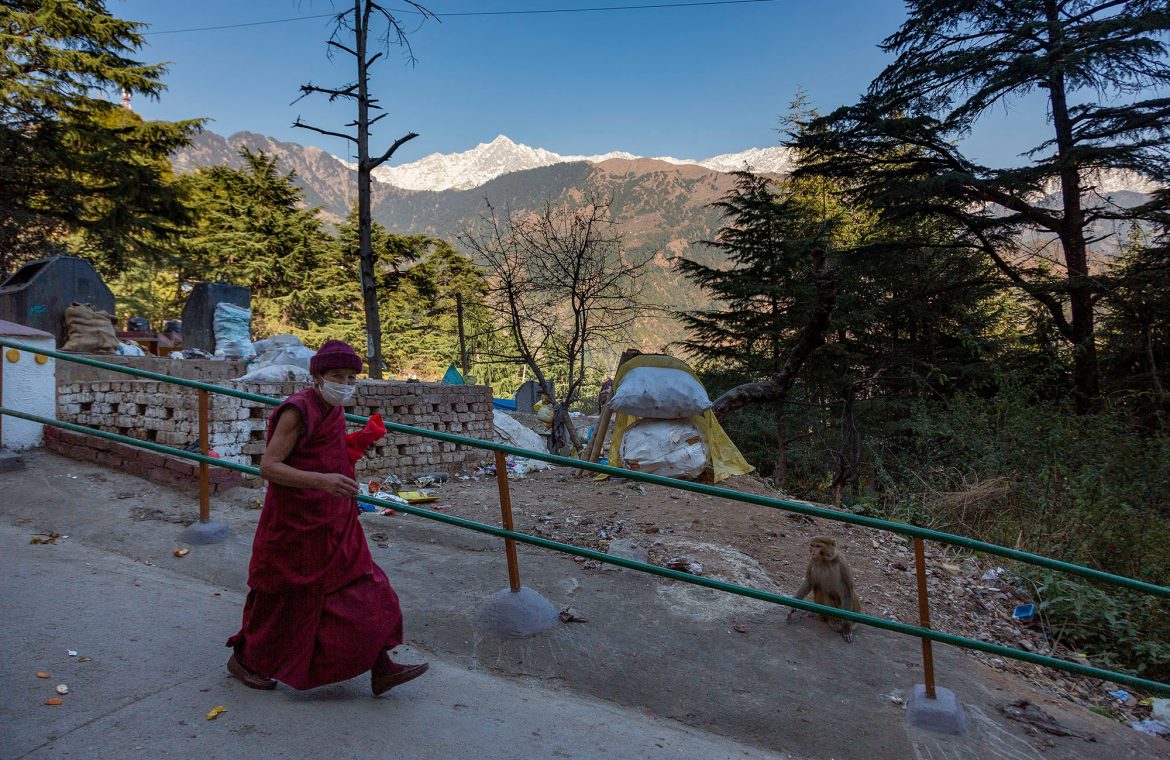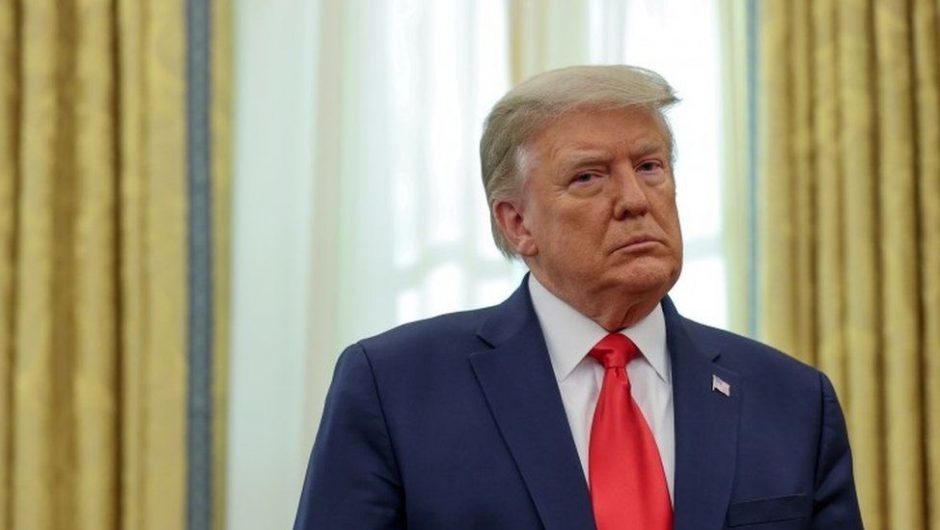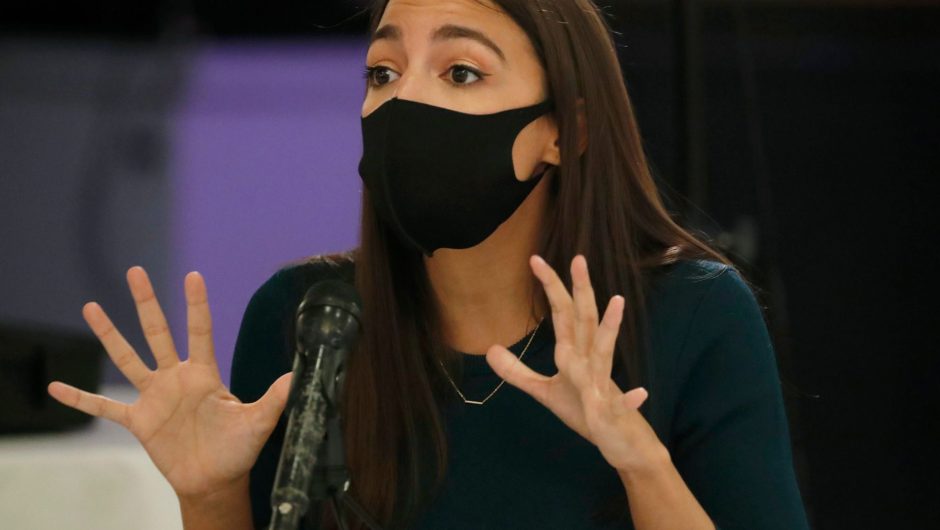The communist Chinese government should have no role in choosing the next Dalai Lama, US lawmakers are expected to affirm Monday — in, of all places, the 5,593-page coronavirus relief bill.
Buried among the pandemic recovery provisions of the massive, approximately $900 billion legislation — expected to pass late Monday — is an affirmation of Congress’ proposed stance on the hot-button religious and political issue.
“It is the policy of the United States that decisions regarding the selection, education, and veneration of Tibetan Buddhist religious leaders are exclusively spiritual matters that should be made by the appropriate religious authorities within the Tibetan Buddhist tradition and in the context of the will of practitioners of Tibetan Buddhism,” the passage reads in part.
It goes on to state that “the wishes of the 14th Dalai Lama, including any written instructions, should play a key role in the selection, education, and veneration of a future 15th Dalai Lama.”
The Gelug school of Tibetan Buddhism holds that its highest spiritual leader, the Dalai Lama, is repeatedly reincarnated, with a new Dalai Lama recognized following the death of the one prior.
The current and 14th Dalai Lama, 85-year-old Tenzin Gyatso, has lived in exile in India since the 1950s.
The Chinese Communist Party tightly regulates the practice of religion, forbidding unapproved faiths, and exerting influence over those that it does permit.
China in 2011 warned the 14th Dalai Lama that he is not to have any role in naming a successor, and has claimed the authority to approve the 15th Dalai Lama.
The language in the coronavirus relief bill warns that “interference by the Government of the People’s Republic of China or any other government in the process of recognizing a successor or reincarnation of the 14th Dalai Lama and any future Dalai Lamas would represent a clear abuse of the right to religious freedom of Tibetan Buddhists and the Tibetan people.”
The passage goes on to lay out provisions for “holding Chinese officials responsible for religious freedom abuses targeting Tibetan Buddhists.
“It is the policy of the United States to take all appropriate measures to hold accountable senior officials of the Government of the People’s Republic of China or the Chinese Communist Party who directly interfere with the identification and installation of the future 15th Dalai Lama of Tibetan Buddhism, successor to the 14th Dalai Lama,” it states.
Specified options include issuing sanctions and barring those officials from entering the US.







